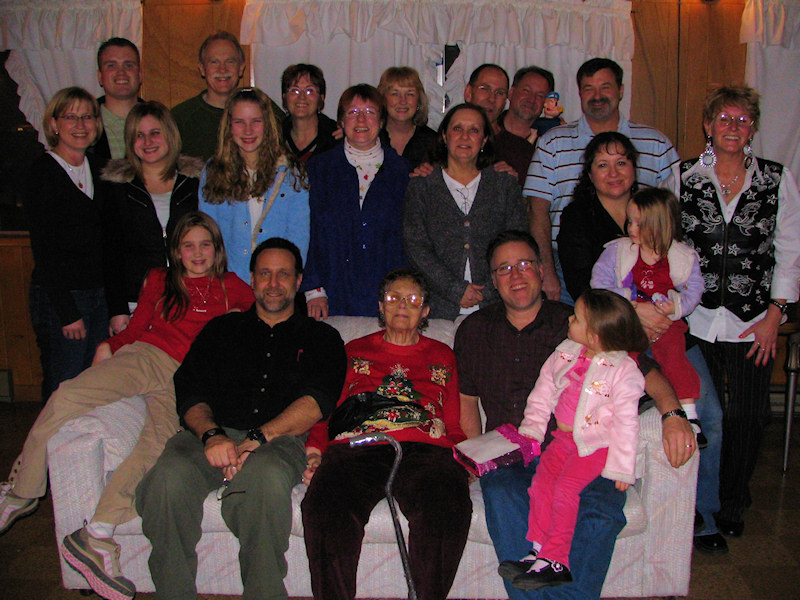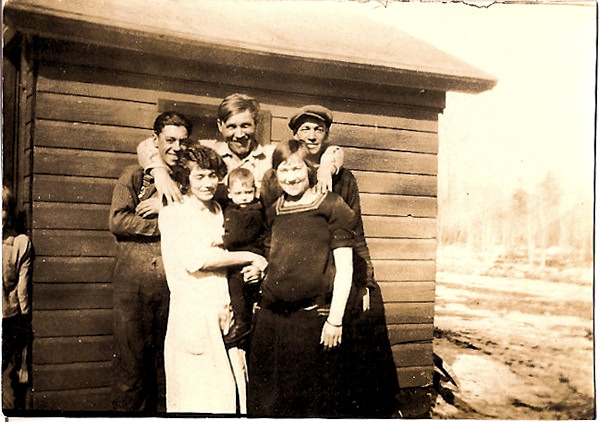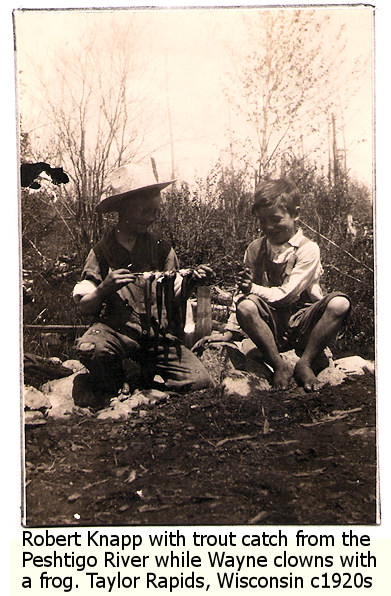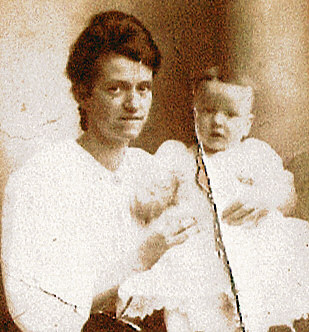Personal Narrative Collection suggestions is a fabulous list of prompts for inspiring recollections of your past. This is an excellent tool for those writing their memoirs or autobiographies, to help children tell stories of their life, and for anyone writing about themselves or a family member.
Here are few examples to get the brain looking back into the past for some good stories.
1. [An important friend] Think about a friend who has been an important part of your life. How did you become friends with this person? Think about when you met, what you did, and how your friendship grew. Write a story about this friendship. Give enough details to tell the reader about this friendship.
5. [Special adventure] All of us have had a special time or adventure in our lives. It could be anything such as a visit with a friend or relative, a party you went to, or a game you watched or played. Or it could be something completely different. Write a story about a special time or adventure that you have had. Give enough details in your story to show what it was like and what made it so special.
7. [An important person] Think about people you know or have met. Choose ONE person who has made a big difference in your life. Write about that person AND describe his or her positive effect on your life.
9. [Lightbulb Moment] Think of an experience when you realized that you suddenly understood an idea, a skill, or a concept you had been struggling with. Write a narrative that tells the story of your movement toward understanding. Your paper should help readers understand how you felt to struggle with the idea or skill and then to understand.
12. [The Good and the Bad] Think about an event in your life that seemed bad but turned out to be good. Tell the story of the event that you experienced and help your readers understand how an event that seemed negative turned out to have valuable consequences.
16. [Standing Up] Choose a time when you did something that took a lot of nerve, a time when you didn’t follow the crowd or a time when you stood up for your beliefs. Think about the details of the event and write a story that tells about what happened. Your narrative should show your readers why you decided to make a stand or try something that took nerve, give specifics on the events, and share how you felt after the event.
21. [Creating a Story] Imagine that you find a page torn from a short story that has only two lines: “That’s how I became known as a ‘Hero.’ THE END” For a friend, create another story that could still end with this page.
Most Recent Articles by Lorelle VanFossen
- The Myths and Mysteries and Hunt for Nicholas Knapp
- The Perpetual Calendar
- GenSmarts: Reminder to Not Assume
- Gensmarts Saves Your Family History Research Life
- Digging Through Historical Newspapers Online





